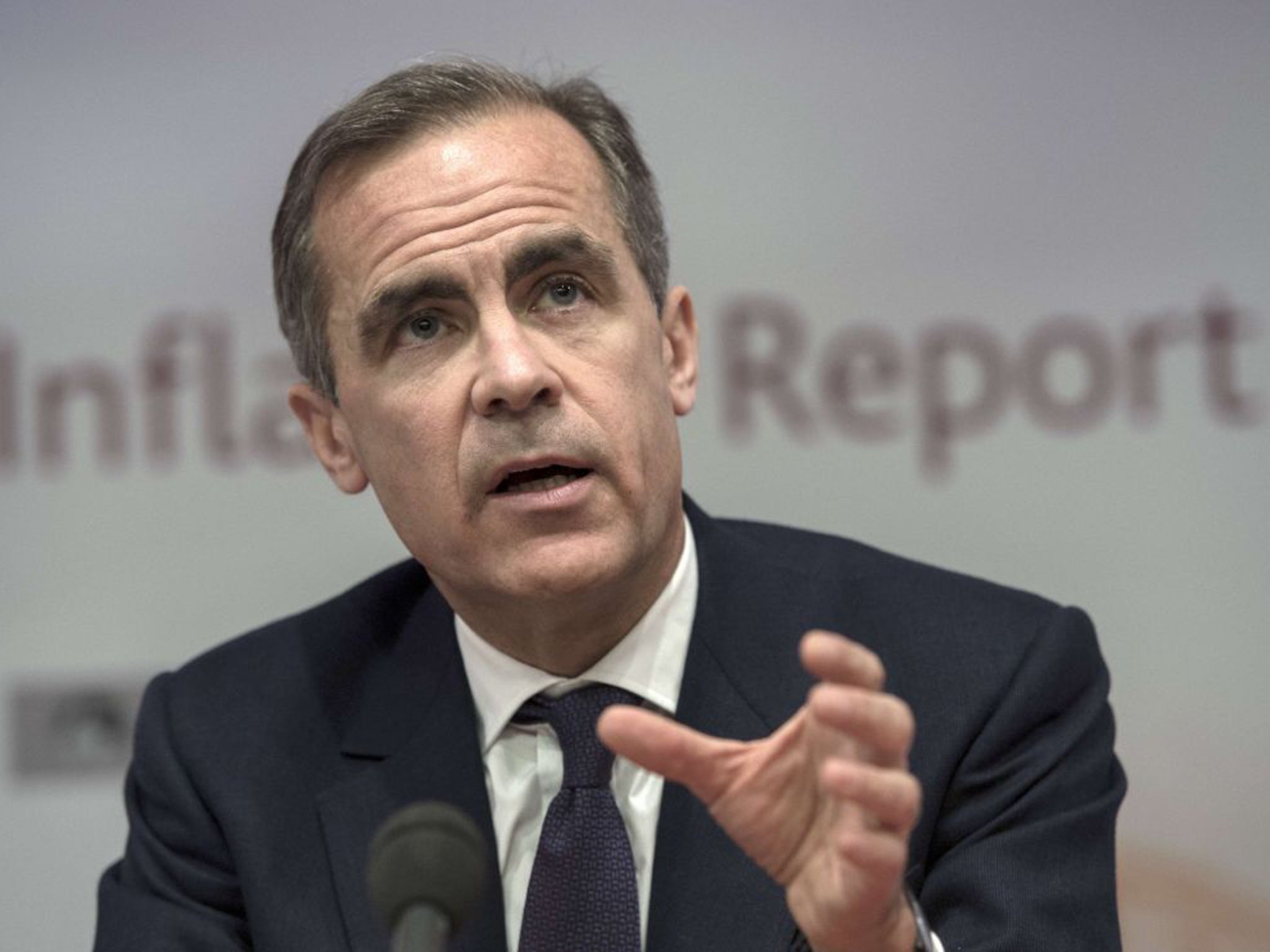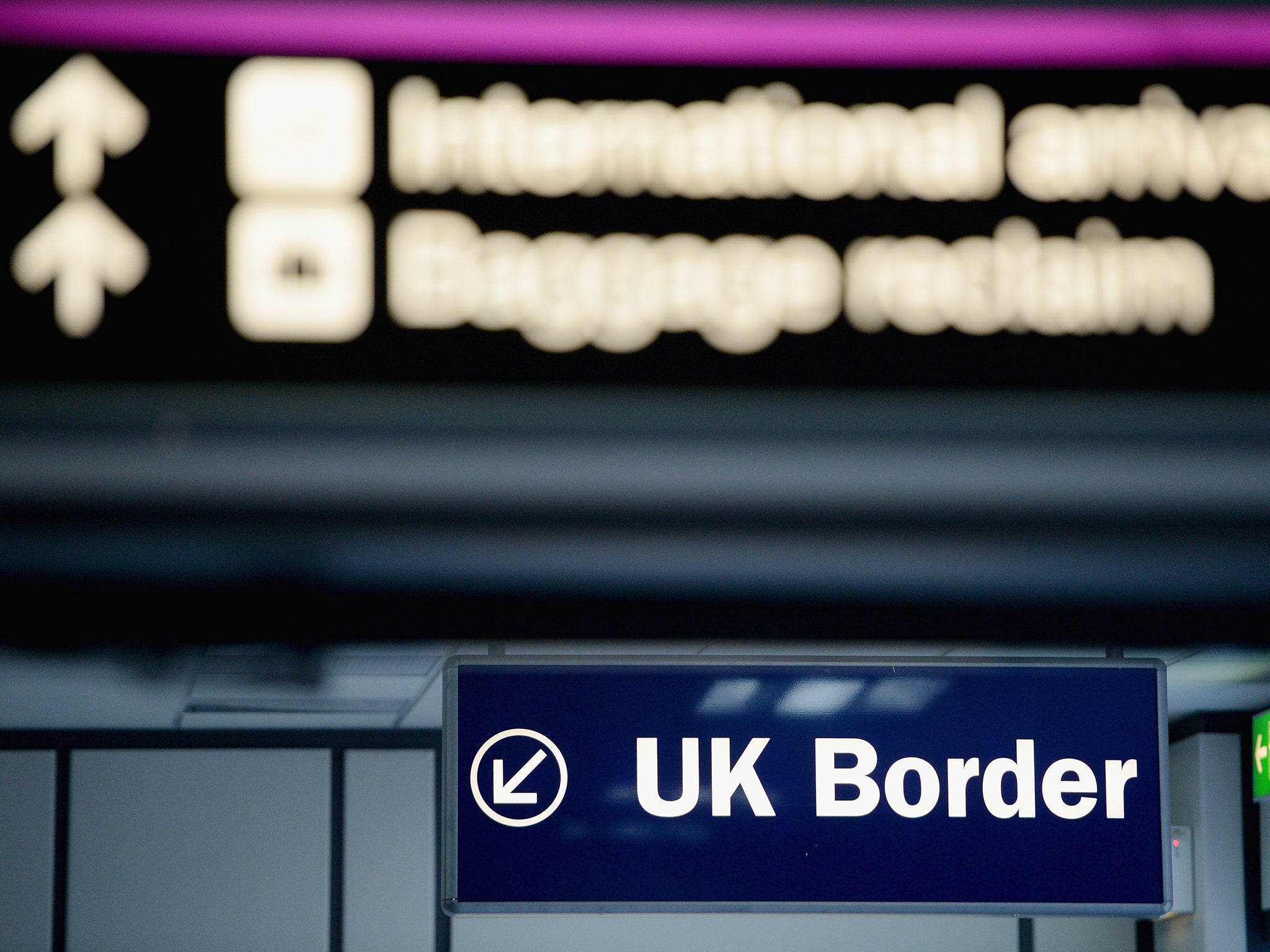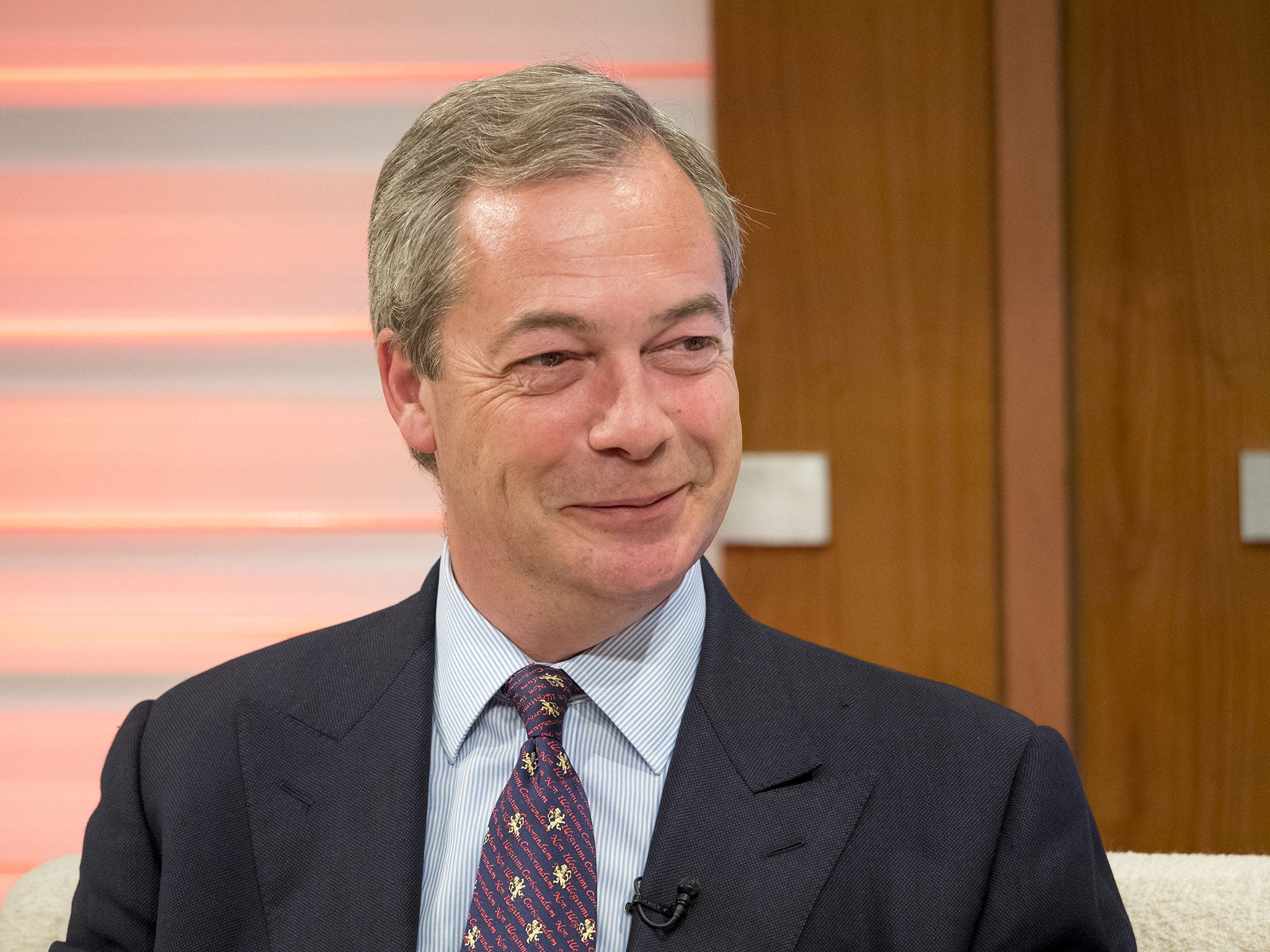Let the drinks industry call last orders on lager lout advertising
Women are used to being misunderstood by advertising - in a media culture which is still mainly produced by and geared towards men, that’s just how it goes

Seeing through beer goggles
A woman’s relationship with her pint is more complicated than the ad man could ever understand, although Fosters lager boss, Alan Clark seems to be getting close.
He told an interviewer last week that the industry is tired of the old-style beer advertising campaigns which were “dismissive” or “insulting” to women. “Beer is now drunk by women and men together.” If you’ve been to the pub lately, that much will be obvious, but type the terms “women” and “beer” into a Google search engine, and the world seems very different.
You’ll find yourself confronted with a multitude of images of buxom Mädchen serving flagons of ale at German beer festivals, plus perhaps one or two photos of fully dressed women drinking beer and actually enjoying it.
In the real world, drinking culture has already moved on from the days when it was mandatory to conclude any bar order with “… and a white wine spritzer for the lady”. The number of female beer drinkers in UK has doubled to 1.3 million in recent years; as for the consumption of other kinds of booze, new research suggests British women are Europe’s premier piss artists. Hmmm, yeah, on reflection, maybe we shouldn’t drink to that.
But here’s the thing: women are used to being overlooked and misunderstood by advertising. In a media culture which is still mainly produced by and geared towards men, that’s just how it goes. If women let advertisers dictate the terms of our existence, we’d all be feigning sexual arousal at the mere mention of a new cleaning product. Clearly that would be impractical.
So let the drinks industry call last orders on lager lout advertising – it was getting boring anyway – but let’s not kid ourselves that it’s women who stand to benefit most. Perhaps now the laaadz who are the real targets of this nonsense will have their eyes opened to a range of more fulfilling cultural identities, and even be allowed to enjoy a glass of rosé on occasion.
The wages of fear
Here’s what Mark Carney really said in last week’s inflation report: “In recent years, labour supply has expanded significantly owing to higher participation rates among older workers, a greater willingness to work longer hours and strong population growth, partly driven by higher net migration.”

Here’s what some people heard: “Foreign workers drag down UK wages” (Daily Mail); “Migrants threaten economic recovery” (The Times); and “I don’t care if they benefit the economy or not. I don’t want them here full stop” (a commentator on independent.co.uk).
I get it. When presented with a multiplicity of complex causes for an unpleasant reality, it’s easiest just to blame the foreigners. If you’re lucky they won’t even be able to speak English well enough to defend themselves. Yet still, if only for variety’s sake, ought we not also explore the other explanations supplied?
Working longer hours for less money, working beyond retirement age and working for free have become common practice in a range of industries. Retail chain, Next, last week came under fire for slashing pay and threatening anyone who complained with redundancy. Such a story would hardly be newsworthy were it not for the fact that the workers called in their union.
Last year, bosses pocketed an estimated £32bn in unpaid labour costs (roughly six times what the UK spends annually on unemployment benefits), and according to the TUC, a quarter of all employees work at least seven unpaid hours a week. This isn’t just people chipping in when there’s a rush on, or the odd lunch break taken “al desko”; this is a culture of chronic overwork enforced by employers’ implicit (or, increasingly, explicit) expectations.

Question: who are these cringing brown-nosers, undermining the nation’s economic recovery? Answer: most of us. But we don’t blame overtimers for keeping wages down, because it’s clear that they don’t have any real choice in the matter.
In fact, no worker, immigrant or otherwise, stands to benefit from low pay, so if we want to place blame, it’s logical to start with those who do: the employers getting that bit extra and the government that’s letting them get away with it.
Hounded out
Australian agriculture minister Barnaby Joyce made a daring bid for global fame last Thursday, when he threatened to execute two Yorkshire terriers in the manner of the cackling witch from The Wizard of Oz.
Their crime? Entering the country without the proper paperwork while under the care of actor Johnny Depp. As Joyce told his press conference: “It’s time that Pistol and Boo buggered off back to the United States.”
This, by the way, is a good example of what importing Ukip’s favoured “Australian model” will ultimately mean for Britain’s immigration policy. The humanitarian crisis at sea has already become an excuse for Theresa May to try out her best mean face. This week she hardened her stance on human suffering by refusing to accept any refugees under the proposed EU emergency resettlement programme. Nice effort, T, but since it’s widely acknowledged that the English care more about their pets than their fellow humans, Joyce’s puppy-murdering stunt was easily the week’s winner.
As Joyce’s colourful language demonstrated, the scariest thing about heartless immigration policies is not, as the politicians would have us believe, that they’re based on cold practical realities. It’s that they’re based on nothing more reasoned than a macho desire to look “tough” in the eyes of the electorate.
Cartoon characters
The Ukip leader always reminded me of someone, and now that Harry Shearer is to quit The Simpsons, I’ve put my finger on it.

It’s not that Ned Flanders looks like Nigel Farage (although there is something in that weak chin), it’s that both men are tweely out of step with the times and thus somehow omnipresent. Just when you think you’ve seen the last of Ned/Nige, he’ll pop up from behind the hedge to say “Hey-Diddly-Ho!” all over again.
Lonely at the top
Funny how Chuka Umunna became more electable the moment he announced that being leader of the Labour Party wasn’t for him after all. Of all the challenges facing the leaderless left, the most perplexing is this: why are the sort of people who seek out power so rarely the ones you’d actually want to have it?

Join our commenting forum
Join thought-provoking conversations, follow other Independent readers and see their replies